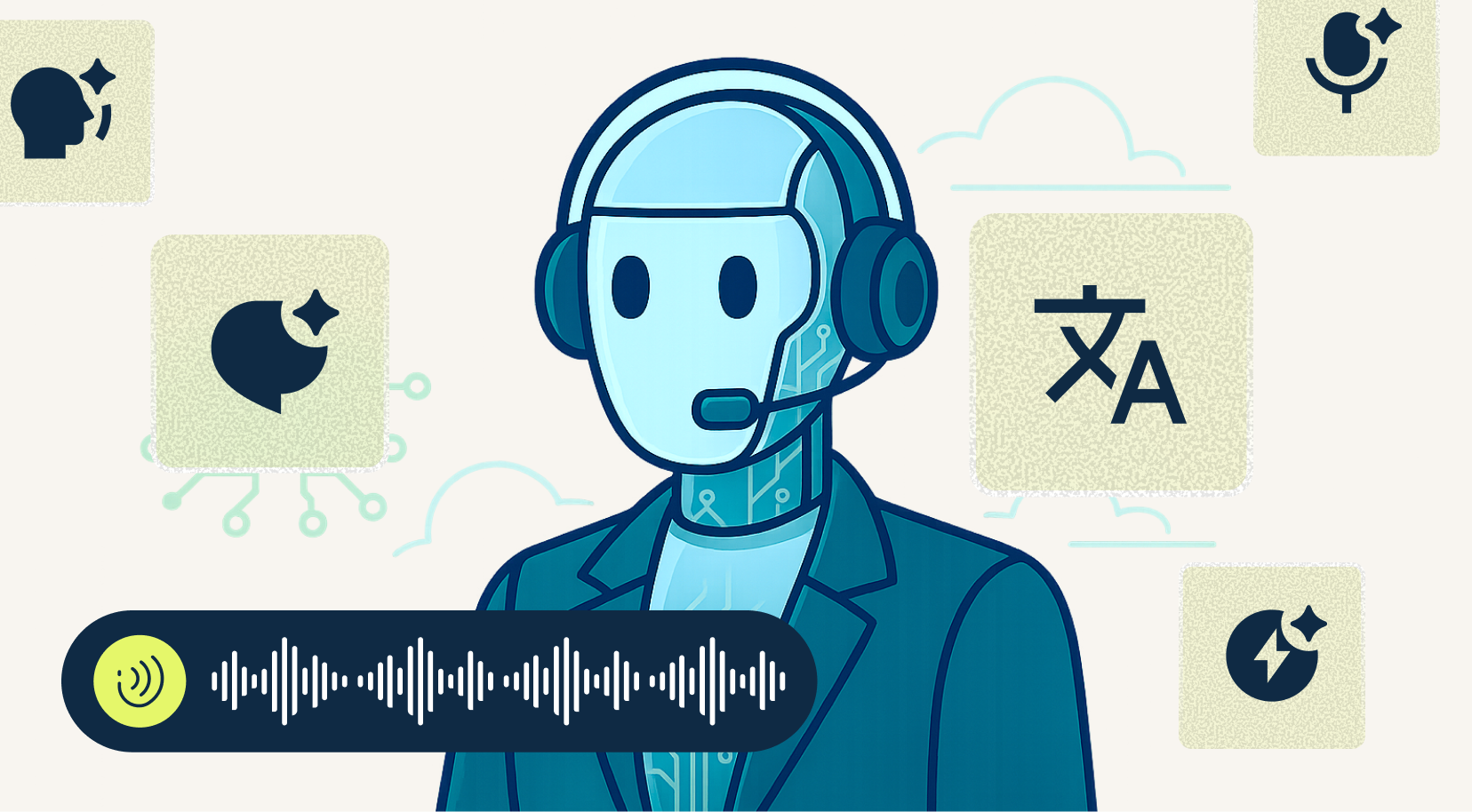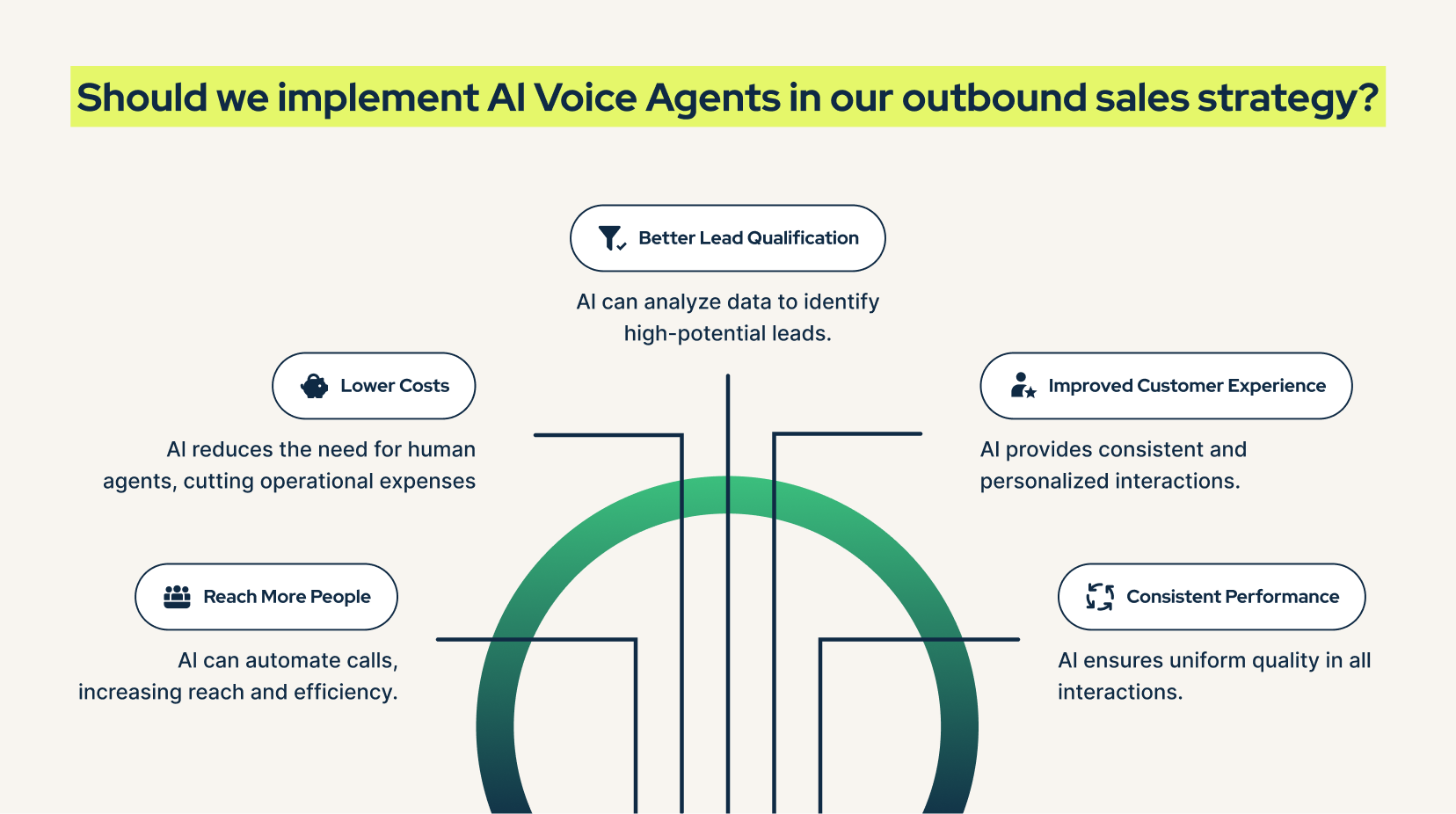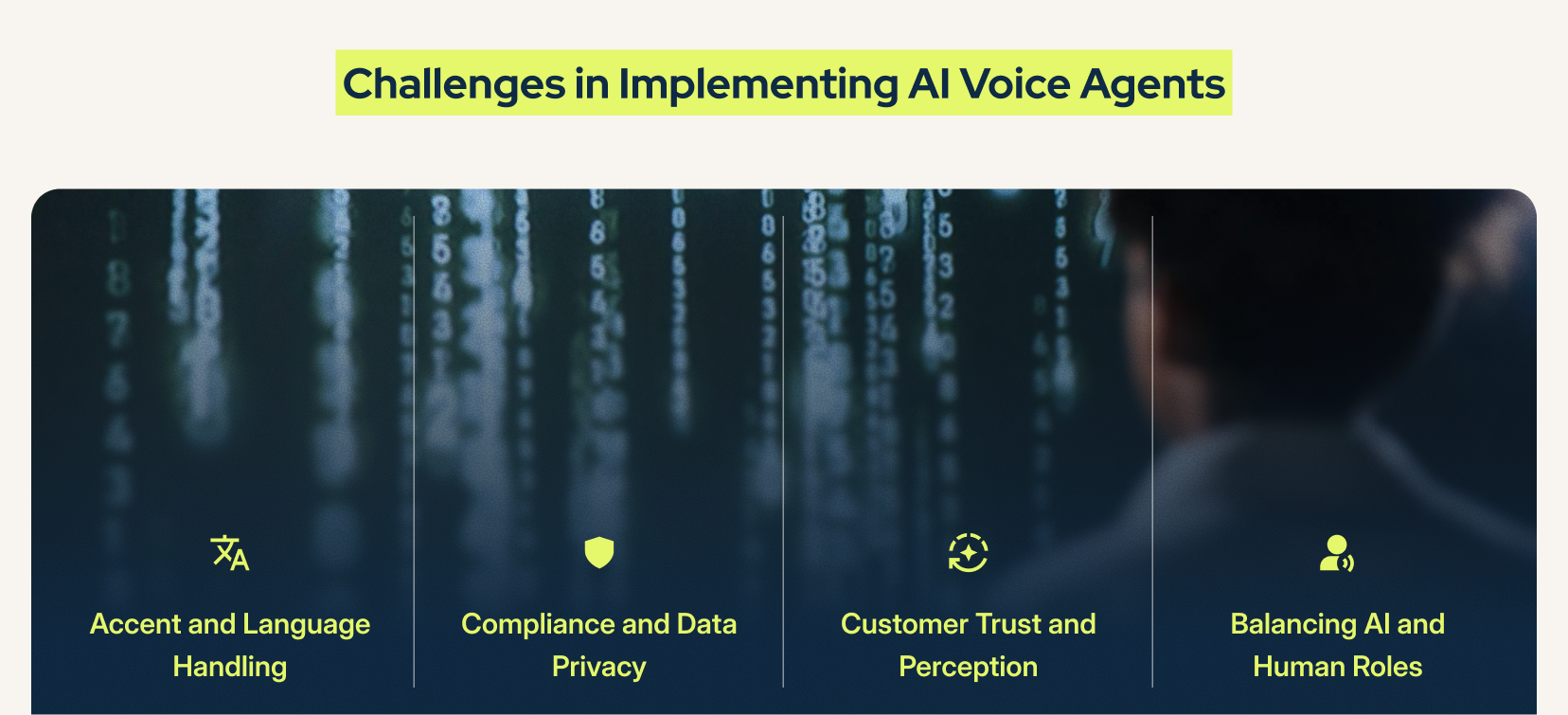Outbound sales calls have always been a tough grind: countless dials, low connection rates, and even fewer conversions. But the landscape is shifting quickly, and AI is at the heart of that change.
Speed has become the single biggest factor in winning deals. If you respond to a lead within 5 minutes, you're 100x more likely to convert. In fact, research shows that 78% of sales go to the company that responds first.
Yet the reality is that most teams are slow to react; the average B2B response time is still 42 hours. That lag gives faster competitors an easy advantage.
At the same time, adoption of AI in sales and contact centers is accelerating. Venture capital investment in voice AI skyrocketed from $315M in 2022 to $2.1B in 2024, and analysts predict that by 2028, 75% of new contact centers will run on generative AI. Companies that have already embraced this shift are seeing real impact. For example, Microsoft saved more than $500 million by using AI across its call centers.
By combining speed, scale, and efficiency, AI voice agents are transforming outbound sales. Instead of relying on repetitive cold calls, teams can now run smarter, more targeted outreach that converts faster and drives consistent growth.
Why AI Voice Agents Matter in Outbound Sales
AI voice agents are advanced systems that use artificial intelligence and natural language processing (NLP) to hold real conversations over the phone. Unlike the old robotic calls that felt stiff and scripted, today’s AI agents sound much more natural.
They can understand different accents, speech patterns, and even pauses in a conversation. They respond in a way that feels human, adjusting their replies based on what the other person says instead of just reading from a fixed script.
Over time, they also get smarter. The more calls they make, the better they become at handling questions, objections, and customer needs.

Outbound sales is about speed, scale, and personalization, three things that AI voice agents deliver better than traditional methods.
Here’s why they matter:
- Reach More People, Faster: A single AI agent can call hundreds of prospects, something no sales team can do manually.
- Lower Costs: Businesses save money on hiring large teams while still scaling their outreach.
- Better Lead Qualification: AI can quickly filter out uninterested people and pass only qualified leads to human sales reps.
- Improved Customer Experience: Calls feel less pushy because AI voice agents adapt their tone and responses in real-time.
- Consistent Performance: Unlike humans, who may have off days, AI agents deliver the same quality every time.

In short, AI voice agents make outbound sales more efficient, less expensive, and more effective.
How AI Voice Agents Transform the Sales Workflow
AI voice agents are replacing repetitive cold calls and restructuring the sales process itself. Traditional outbound sales rely heavily on manual dials, slow follow-ups, and error-prone data entry. AI changes this by embedding speed, consistency, and intelligence into every stage of the workflow:
- Lead Qualification: Instead of wasting human reps’ time on uninterested prospects, AI agents can ask discovery questions, detect buying intent, and score leads in real time. For example, an AI agent can quickly filter a list of 1,000 prospects into 100 high-quality leads by recognizing intent signals like urgency, budget mentions, or willingness to book a demo.
- Appointment Scheduling: Instead of back-and-forth emails or missed calls, AI agents integrate directly with calendar tools. If a prospect shows interest, the AI can instantly secure a meeting slot that works for both sides, something that often takes humans hours or even days to finalize.
- Follow-ups & Reminders: 80% of sales require at least five follow-ups after the initial contact, but most reps give up after 4. AI solves this by handling consistent, polite follow-ups without fatigue. It can send reminders for demos, renewals, or payments while sounding natural, ensuring opportunities don’t slip away.
- CRM Integration: Sales teams lose countless hours manually logging calls, notes, and outcomes. AI agents auto-sync conversations, outcomes, and lead scores directly into CRMs. This creates cleaner data and helps sales managers focus on strategy, not admin work.
- Analytics & Insights: AI voice platforms don’t just make calls. They listen, analyze, and report. They can identify common objections (“We don’t have a budget right now”), measure conversion likelihood, and even highlight when prospects respond best (e.g., Thursday mornings). This gives managers data-driven insights to optimize the sales playbook.

Real-World Use Cases of AI Voice Agents
AI voice agents are already transforming industries where outbound calling is crucial. Here’s where the impact is clearest:
1. Startups
For lean startups, hiring and training large sales teams is simply not feasible. AI voice agents bridge this gap by giving a 5-person team the reach of 50. Instead of spending months cold-calling, startups can qualify a good number of leads in days. For instance, SaaS startups use AI voice agents to process post-event leads, contacting 2,000 prospects from a conference list in record time, something human teams would struggle to achieve within deadlines.
2. B2B Sales
Enterprise deals often require multiple check-ins before a prospect is ready to commit. AI voice agents help smooth this process by delivering consistent touchpoints, such as sharing product details, booking demos, and sending reminders, until a sales rep is needed. This creates a warm, well-nurtured pipeline, so human reps focus on closing deals rather than chasing responses. Companies in IT services and SaaS are already using AI agents to reduce sales cycle lengths by weeks.
3. Banking & Fintech
Financial services firms face enormous volumes of repetitive but critical outbound calls, such as loan collections, EMI reminders, and cross-selling offers. AI voice agents handle these interactions politely, 24/7, without fatigue. What’s more, they can process real-time customer requests, like rescheduling payments, and feed structured feedback back into CRM systems. Major global banks are already piloting AI-driven collections to cut human call center costs while improving repayment rates.
4. Healthcare
Missed appointments, or "no-shows," create major challenges for the healthcare system by affecting efficiency, revenue, and overall patient care. AI voice agents help reduce this loss by handling appointment reminders, patient follow-ups, and preventive care nudges like flu shot alerts. Beyond reminders, they can also confirm attendance or reschedule appointments instantly. Clinics and hospitals using AI voice follow-ups have reported double-digit drops in no-shows and better patient satisfaction scores, as staff can focus on care instead of repetitive outreach.
Challenges in Implementing AI Voice Agents

AI voice agents have come a long way, but they still face certain challenges that businesses need to keep in mind.
Accent and Language Handling
Even with major advances in natural language processing (NLP), AI sometimes struggles with strong regional accents, local slang, or code-mixed languages. A single misheard word can disrupt the flow of a conversation and frustrate prospects. Companies deploying AI globally need to ensure the system is trained across diverse speech patterns and languages to maintain credibility.
Compliance and Data Privacy
Outbound calls are subject to strict regulations in most markets. From the GDPR in Europe to TCPA in the United States and similar frameworks in Asia-Pacific, businesses must ensure compliance and data privacy when using AI voice agents.
Customer Trust and Perception
Customer trust itself is another barrier. Many people are still wary of “robots” calling them, especially if the voice sounds too scripted or unnatural. A mechanical tone can make prospects disengage quickly. To avoid this, businesses need to design voice agents that sound transparent yet approachable, striking a balance between automation and human warmth.
Balancing AI and Human Roles
A common misconception is that AI will replace human sales reps. In reality, AI works best as a complement. Voice agents can take care of repetitive outbound tasks such as lead qualification, appointment scheduling, and follow-ups. But when it comes to complex deals, relationship-building, or contract negotiations, human judgment and empathy remain irreplaceable. The future of outbound sales lies in collaboration, with AI handling the heavy lifting and humans focusing on strategy and connection.
Best Practices for Businesses Considering AI Voice Agents
To make AI adoption in outbound sales successful, businesses should follow these practical steps:
- Start Small: Begin with simple use cases like lead qualification or appointment reminders before expanding AI across the full sales cycle. This helps teams build confidence and measure early success.
- Use Relevant Data: Train AI voice agents with real-world material such as past call logs, CRM notes, and customer FAQs. The more relevant the training data, the more natural and accurate the conversations will be.
- Continuous Optimization: AI is not a one-time setup. Review analytics regularly, update scripts, and refine responses to ensure the system evolves with customer needs and market changes.
- Balance Human Touch: Leverage AI for speed and scale, but route complex or high-value conversations to human reps at the right time. This balance ensures efficiency without losing the empathy and nuance only humans can provide.
Conclusion
Outbound sales have always been a numbers game, but the rules are changing. With AI voice agents, businesses no longer have to choose between scale and personalization. These systems bring speed, consistency, and intelligence to every stage of the sales cycle—from qualifying leads to scheduling demos and following up at just the right time. The result is more efficient teams, warmer pipelines, and faster conversions.
The companies that move early will gain a decisive edge in how they connect with prospects. Those that wait risk being left behind as competitors build faster, smarter, and more scalable outbound engines.
Curious about how AI voice agents work in practice? Book a demo today to see what smarter outreach looks like.
.png)


